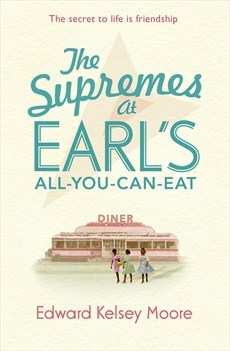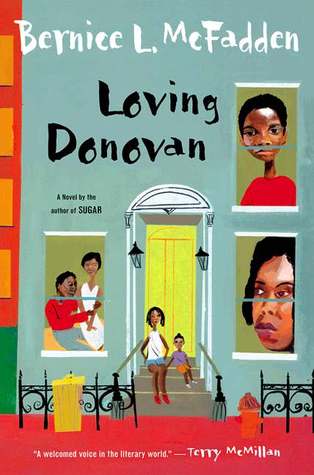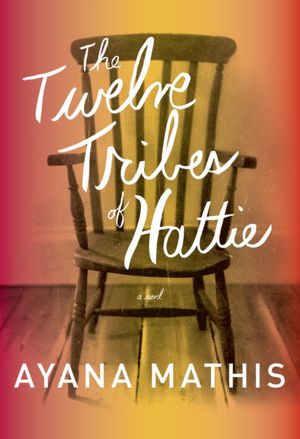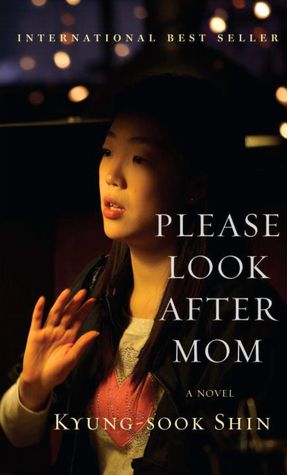 Mother-daughter relationships can be complex. They always have been and always will be. Some mothers place their hopes and dreams in their daughters and when those daughters fall short of the mark, they bear the burden of their mother’s disappointment. Other daughters thrive and their mothers see them as competition to be cut down. Still, there are mothers that want only the best for their daughters and cheer the loudest for their accomplishments, no matter how big or small.
Mother-daughter relationships can be complex. They always have been and always will be. Some mothers place their hopes and dreams in their daughters and when those daughters fall short of the mark, they bear the burden of their mother’s disappointment. Other daughters thrive and their mothers see them as competition to be cut down. Still, there are mothers that want only the best for their daughters and cheer the loudest for their accomplishments, no matter how big or small. Mama Minnie doesn’t suffer fools, so in 1943 when her 13 year old daughter Tookie comes up pregnant, Minnie is sure it’s her fault and nothing Tookie or anyone else says is going to change her mind. Tookie births Lucy, a fragile woman that loses herself birthing Yolanda, the story’s narrator. Through Yolanda’s eyes, readers are given a front row view into the complicated relationship between Minnie and Tookie, and Lucy’s with Yolanda in the small Kentucky town of Opulence.
From the outside looking in, the Goode women are to be envied. Francine Clark knows that there is love in her neighbor’s house while she has none. A recent widow, she longs for someone or something to love. When she finds herself pregnant, she’s too happy to worry about what the women in her small town will say about her blessed event.
While Birds mostly focuses on the women in the story, Joe Brown is a strong and welcome presence. A solid man from the city, he marries Lucy and into this family of opinionated Kentucky women. He brings a sense of stability to the Goode women. Francine’s daughter, Mona, and Yolanda are best of friends, but Mona doesn’t have a Joe Brown in her home, so she seeks attention in the wrong places and from the wrong people, soaking up as much of Joe Brown’s goodness as she can when she’s visiting.
As Wilkinson takes us through the twists and turns of small town living, I was especially entranced by the Dinner on the Grounds, an annual homecoming of sorts. Everyone returns to Opulence, including Tookie’s brothers, June and Butter, men who’ve escaped Opulence and the constant gaze of Mama Minnie. She dotes on them in a way that she’s never done for Tookie. As the saying goes, mothers love their sons and raise their daughters. But these men she’s raised are greedy and their visit leaves the family at odds with each other.
Crystal Wilkinson has a way with words that will remind readers of J. California Cooper and Bernice McFadden. My only regret is that we don’t get to see enough of adult Yolanda or Kee Kee (her brother). He plays such a minor role as a child, so it’s odd that he becomes so prominent toward the end of the book. At just 208 pages, surely more of his story and his relationship with Yolanda and his wife could have been fleshed out. But overall I enjoyed this read and I’ll definitely take a glance at Wilkinson’s back catalog and catch up on her previous works.
208 p.
Published: March 2016
Disclaimer: Copy of book received from publisher, opinions are my own.
Purchase: Amazon | B & N | Book Depository | IndieBound


























